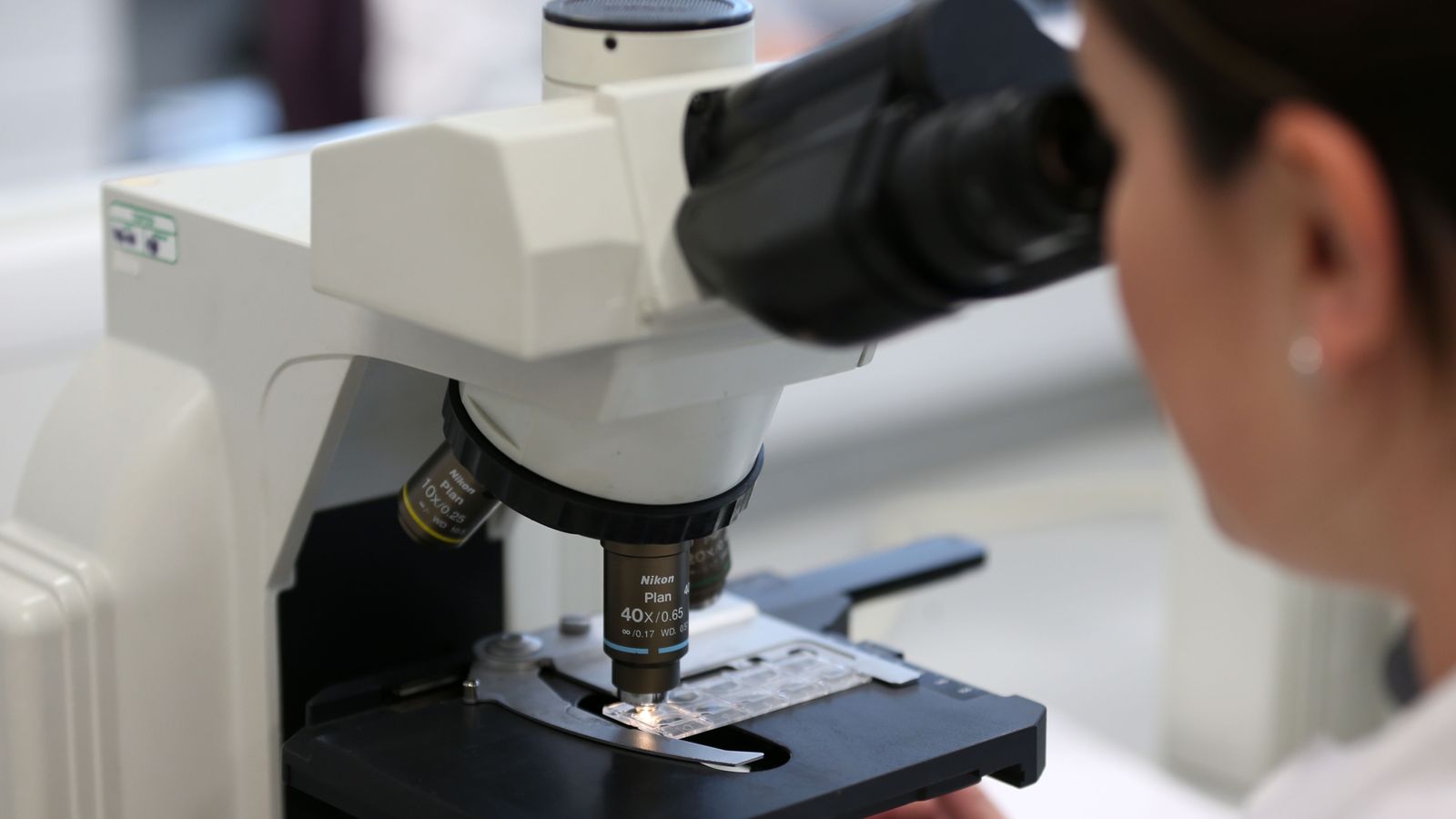A pioneering womb cancer test could cut the time taken to diagnose women with the condition and reduce the need for more invasive diagnostic procedures.
Research published in the Journal of Clinical Oncology found that low-cost PCR tests that took samples from the cervix or vagina were able to successfully detect womb cancer.
Currently in the UK women who present common symptoms of womb cancer – such as abnormal vaginal bleeding – are offered a transvaginal ultrasound.
If medics are concerned about the thickness of a woman’s womb lining they may need to have invasive tests such as hysteroscopies or biopsies which have been described by some as painful.
Researchers and campaigners hope the new test will reduce the need for more invasive diagnostic procedures.
Professor Martin Widschwendter, from the European Translational Oncology Prevention and Screening Institute at the University of Innsbruck and UCL’s Department of Women’s Cancer in the UK, said: “It was critical to us that this research addressed all of the issues associated with current detection methods for womb cancer.
“Most importantly, using our test, far fewer women with abnormal bleeding will have to undergo invasive diagnostic procedures.”
Athena Lamnisos, chief executive of charity The Eve Appeal, said: “This research shows real promise in reducing the time to diagnosis, providing a specific diagnosis for everyone and reducing the need for painful and invasive interventions.
“It really does bring early detection of cancer one stage closer.”
Early results show the test was as effective for all groups – regardless of age, ethnicity, being pre- or post-menopausal, and the stage, grade and type of cancer they have.
The researchers used 1,288 cervical screening samples from women with and without womb cancer collected by a large team of investigators across the UK and Europe.
The test successfully identified all eight of the womb cancers within a cohort of 63 women presenting with post-menopausal bleeding, and only a few women without cancer had a positive result, making the test more specific than transvaginal ultrasounds which had an 89% specificity.
The new test was developed by Prof Widschwendter and his team at the University of Innsbruck and UCL and funded by the EU’s Horizon 2020 and European Research Council programmes, The Eve Appeal, and the regional government of the Tirol region of Austria.
